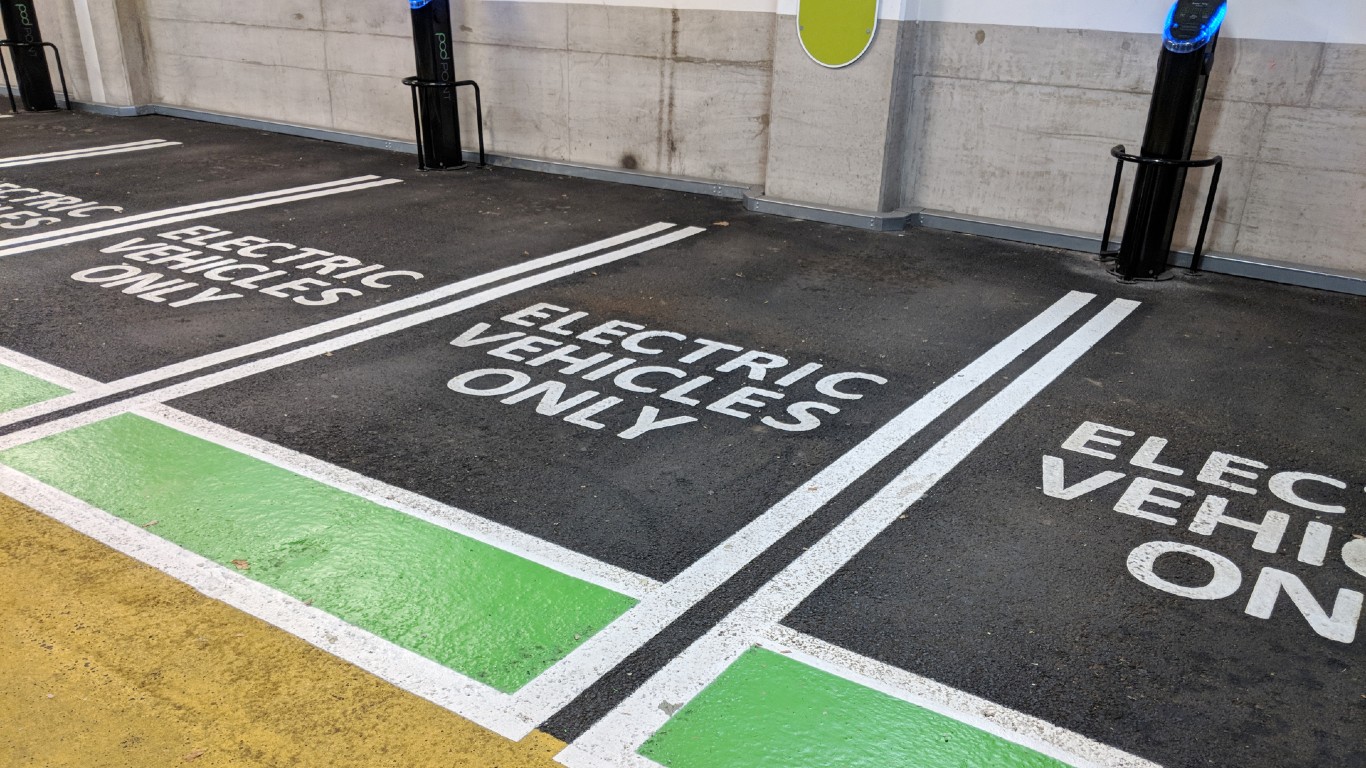To work on EVs safely, there’s a need for technicians to receive adequate information, instruction and training.
This can take various forms including manufacturer specific training, in-house training and external training delivered by trade bodies i.e. the Institute of the Motor Industry or the Retail Motor Industry Federation.
